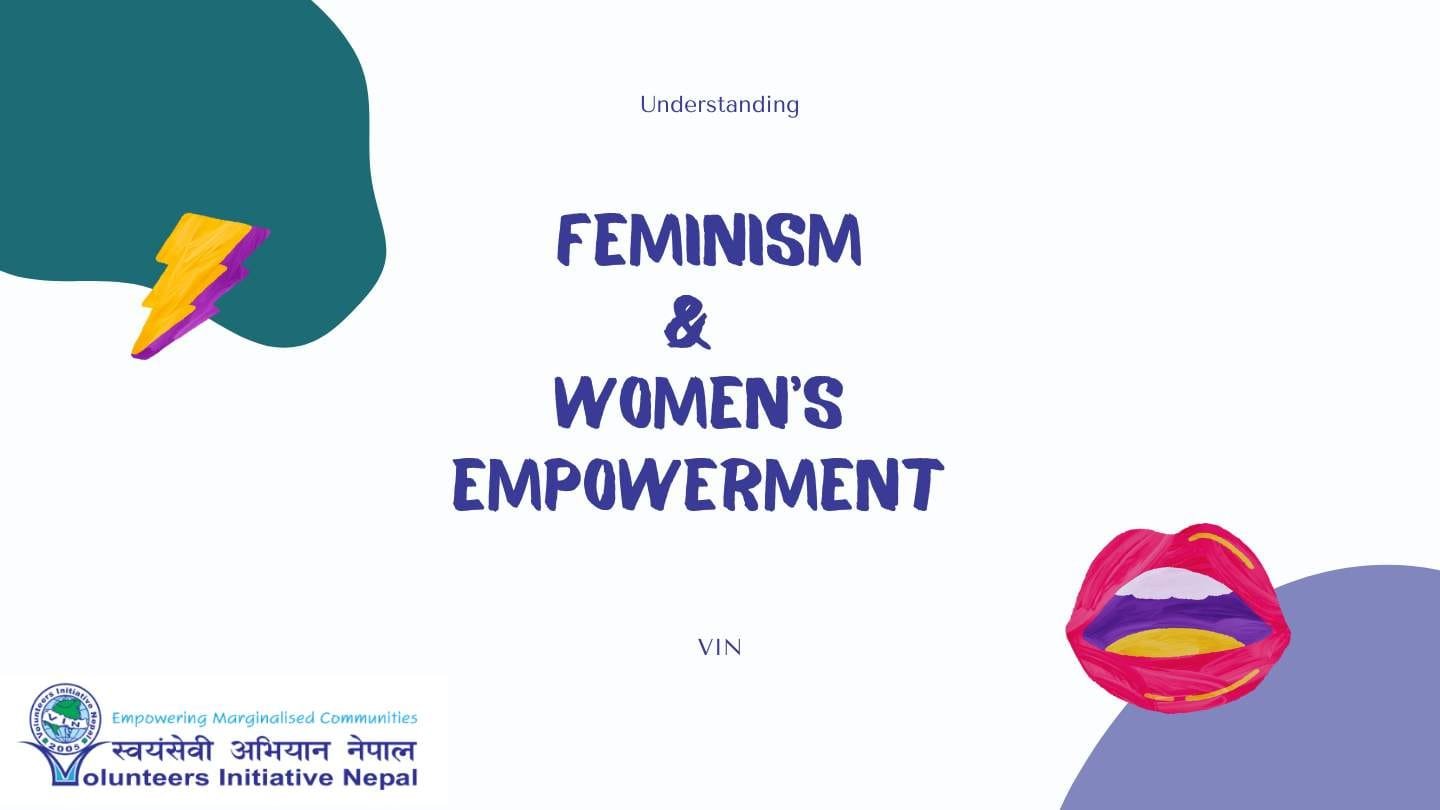Feminism is a movement advocating for gender equality, equal rights, and civic opportunities, especially for females. It’s about fairness, opportunities, and respect, for and by women, regardless of gender. For centuries, women have been discriminated against by societies all over the world restricting their freedoms, contributions, and choices. Feminism challenges these inequalities and seeks to create a world where everyone has the same chances to succeed and live with dignity
What is Feminism?
In essence, feminism is not only about women. It is about fairness for all. When women are free to make full contributions to society, everyone benefits from it; the family, society, and community.
There is a common misconception about feminism which often surfaces the internet. Some think that feminism is an attack on men or that it’s about putting only women in power. The misunderstanding has gone so far that some people now believe feminism is about forcing women out of the kitchen and denying their femininity. People say things like, “I’m an anti-feminist! I love cooking for my husband.” and “I’m an anti-feminist! I want to stay home and take care of my children.” These statements come from a misunderstanding of what feminism really means.
In reality, feminism is simply providing and looking out for those women who are oppressed, and not able to meet with the same opportunities that men get. It is about giving women free will and the freedom to choose what they want to do with their lives. Whether that’s pursuing a career, staying at home, or anything in between.
What is Women Empowerment?
Women empowerment is the ongoing process of providing women the means, chances, and self-assurance to own leadership of their lives. It’s about breaking down the walls that hold women back. Empowerment occurs when women:
- Get the education and skills,
- Earn and control their own income,
- Feel safe in their homes and communities,
- Are free to make decisions about their own bodies and futures, and
- Can take part in leadership and decision-making roles.
Put simply, women empowerment is about leveling the playing field so they can achieve their full potential.
To learn more about women empowerment, click here!
How Feminism and Women Empowerment Relate
1. Feminism Sets the Vision
Feminism is the way of thinking that fights against inequitable structures, beliefs, and prejudices toward women as being “inferior” to men. It points out and calls out issues such as the gender gap in wages, lack of education for girls, gender-based violence, and women’s limiting roles.
Feminism asks, “Why aren’t women being treated the same? It demands changes in laws, policies, customs, and attitudes in order to achieve equality and justice.
For this reason, feminism can be a lighthouse. It provides us with the thoughts, values, and drive to achieve greater parity.
2. Women Empowerment Gives the Tools
If feminism points out is the issue then women empowerment looks for its solution. Empowerment provides women with a practical tool that enables them to become masters of their own lives and to achieve equality. It operates at the ground level to give women and girls proper education, offer jobs, skill-building, and leadership opportunities, and develop confidence so women are empowered to make decisions for themselves.
Feminism could also say, “Girls need education.” Women empowerment drives it forward by constructing schools, providing scholarships and encouraging families to send girls to school.
Together, feminism and women empowerment work to fill the gap between demanding equality and creating equality.
3. A Balanced Approach
Feminism without empowerment is like having a map but no car. There is no possibility to follow the road. Empowerment without feminism can provide tools, but the systems holding women back may remain untouched.
Feminism fights against negative customs, such as child marriage, and empowerment gives these young women a chance of learning and working. Feminism seeks equal pay legislation, and empowerment empowers women with learning and work skills to access jobs. Feminism raises its voice against violence and empowerment creates safe havens and support networks for its survivors.
If one’s goal is defined, the other one takes the steps to get it done.
4. Why Both Feminism and Women Empowerment Are Necessary
Imagine a village in which women are prohibited from working or owning property. Feminists would challenge the rules and ask for change. Women empowerment will lead to learning of farming skills, will equip women to venture into business and empower them to be equal members of the society.
Without feminism, the inequitable system would be left untested. Without empowerment, women may have legal rights on paper but have no means to apply those rights in reality.
At Volunteer Initiative Nepal, we are committed to empowering women through education, skills development, and leadership training. Learn more about how you can get involved and make a difference!
Concluding Remarks
Feminism and women’s empowerment are not just about ideas or policies. They are all for humanity-supporting women to live in dignity, freedom, and autonomy. When women are empowered, families are healthier, children are educated more, and communities are made stronger. This is the real nexus between feminism and empowerment.
They cooperate to improve lives, first benefiting women, but at the expense of all.


 Member of
Member of